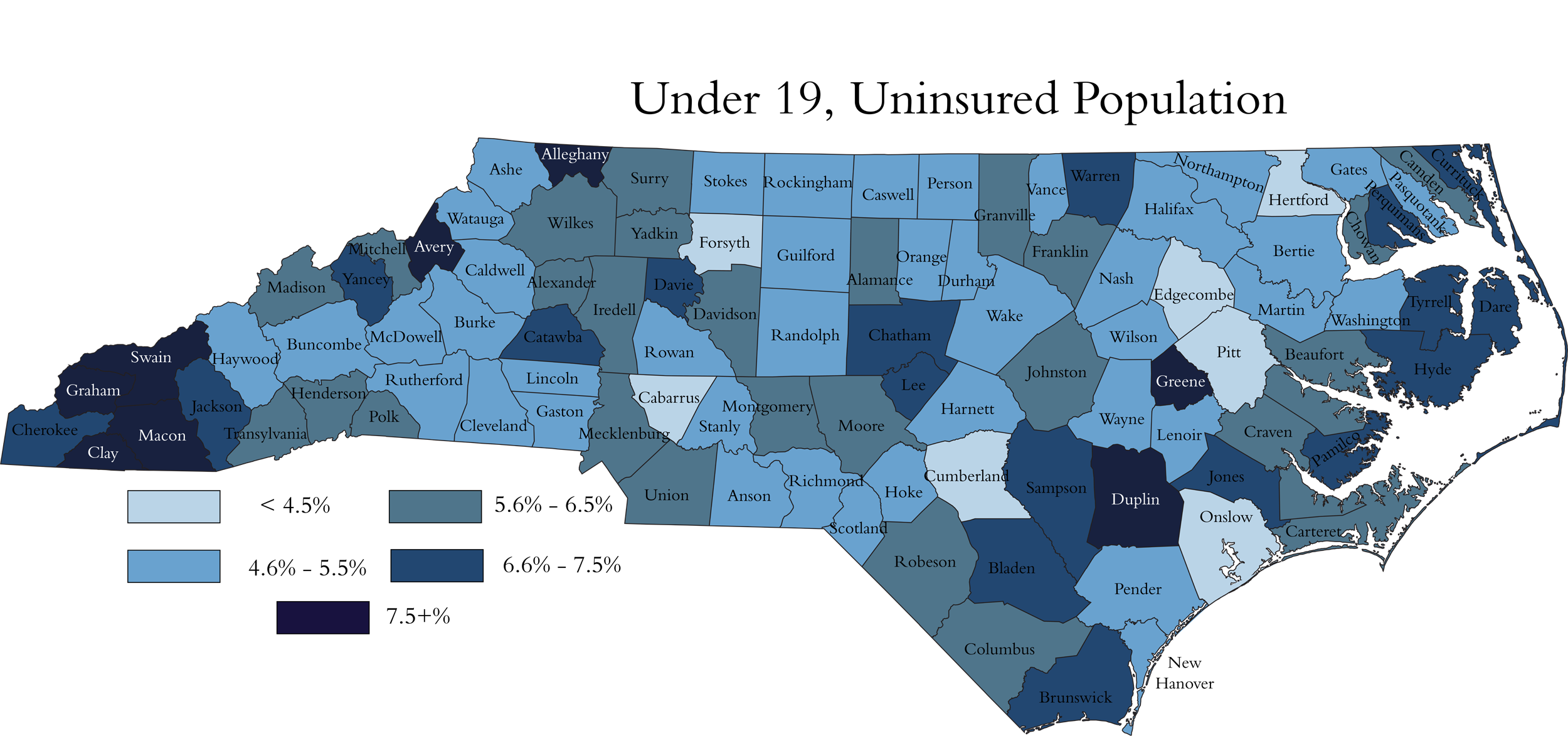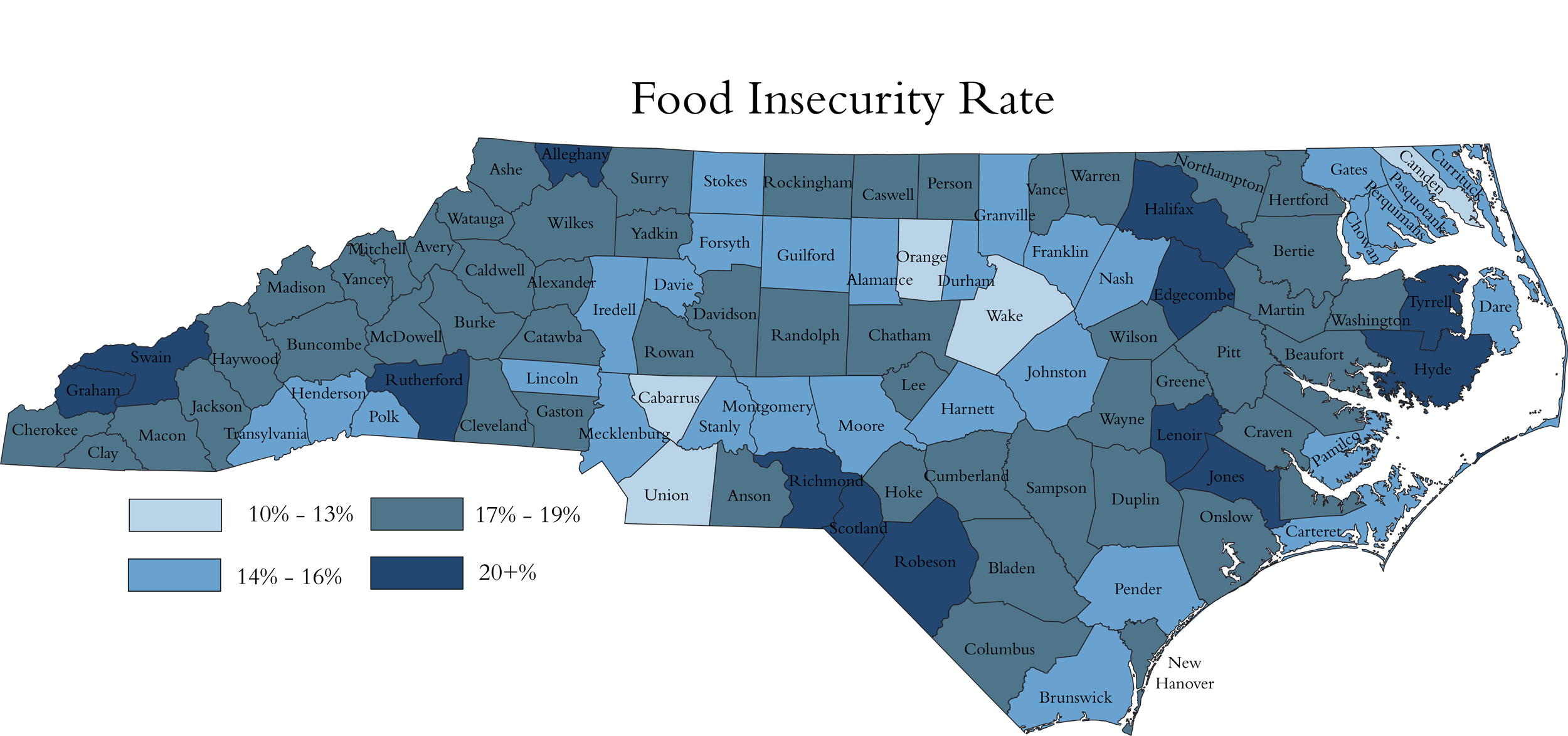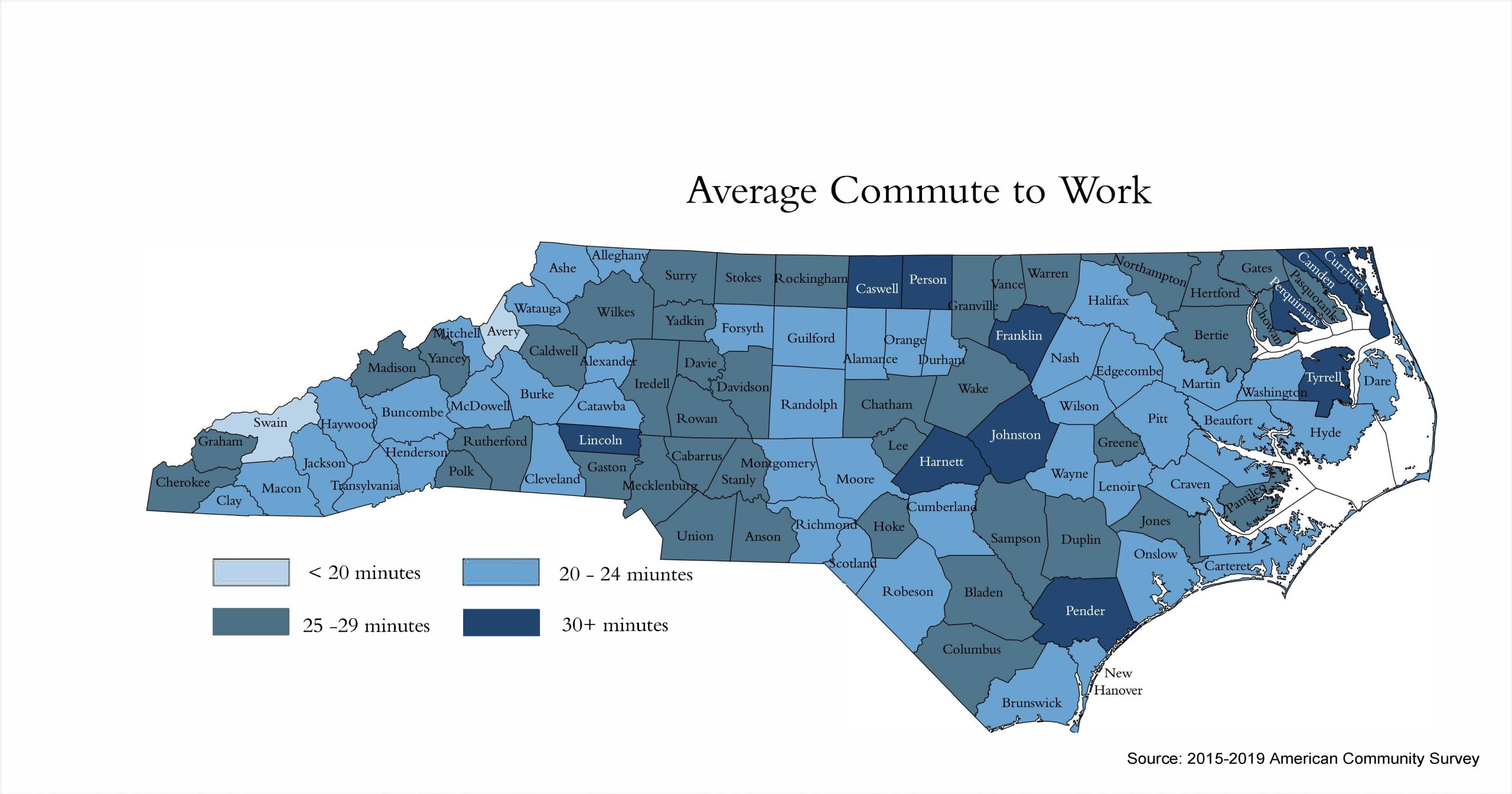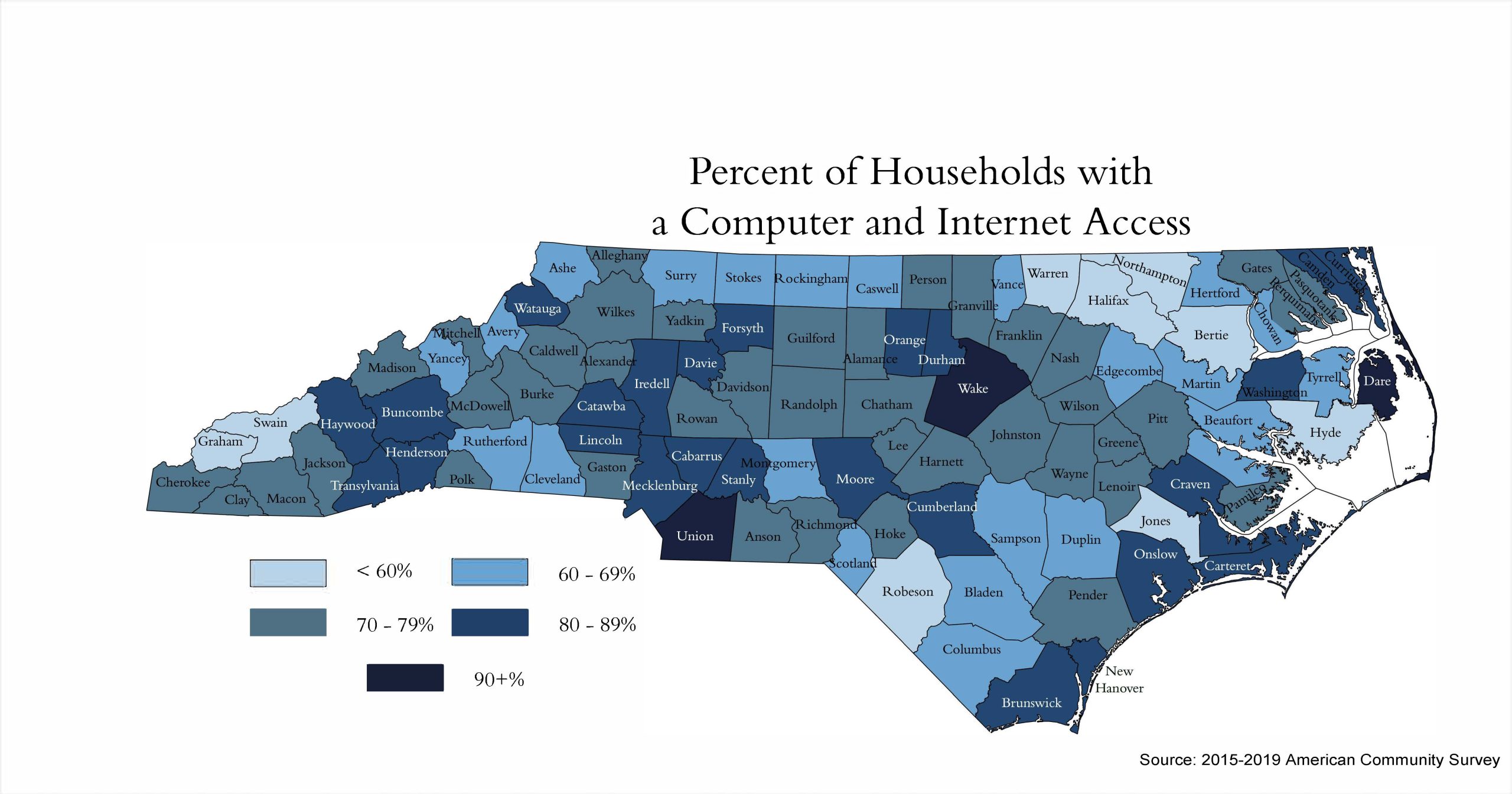Health and Community Wellbeing
Health and Community Wellbeing
The County Health Rankings model indicates that medical care influences 20 percent of health outcomes, while social determinants of health (determinants) influence 80 percent of health outcomes. These determinants are closely integrated with one another and mutually influence factors related to medical care, shaping health outcomes in a complex way. These drivers interact, creating different experiences for North Carolina residents. The top drivers of health outcomes identified for the purpose of this model are poverty, racism, food insecurity, housing insecurity, and adverse childhood experiences.
The ncIMPACT Initiative coordinates the Opioid Response Project, an intensive two-year collaborative learning model that provides direct support to ten North Carolina communities enacting an integrated and innovative policy and practice response to their local opioid crises. In another project, a research team from the ncIMPACT Initiative collaborates with RTI International on a project for the US Department of Health & Human Services to clarify the role social capital plays in human service programs and identify model programs based on their characteristics, approaches, and measures of success. The goal involves sharing these models nationwide in an effort to increase employment, reduce poverty, and improve child and family wellbeing. Our team also completed a project for the Kate B. Reynolds Charitable Trust to examine its funding strategy in the Health Improvement in North Carolina program area and further align its funding strategy within the dynamic environment of health outcomes and health care players in the state.
Resources
- Emerging Healthcare Technologies in the Time of COVID-19
- Impacts of Safety Nets for Families on Health Outcomes
- Accountable Care Communities Offer an Opportunity to Address Healthcare Disparities at the Systems Level
- Decreasing Cost and Increasing Quality: Value-Based Care Could Improve Communities
- Improving Health Access in Rural Communities – McDowell County
- Adverse Childhood Experiences in Cumberland County
- Shortage of Volunteer Firefighters
- Opioid Response Project Featured in University Gazette
- Opioid Epidemic Ignores Boundaries in North Carolina
- North Carolina Public School Kitchen Capacity Study (July 2015)
- Evaluation of the North Carolina Super Summer Meals Pilot (July 2013)








